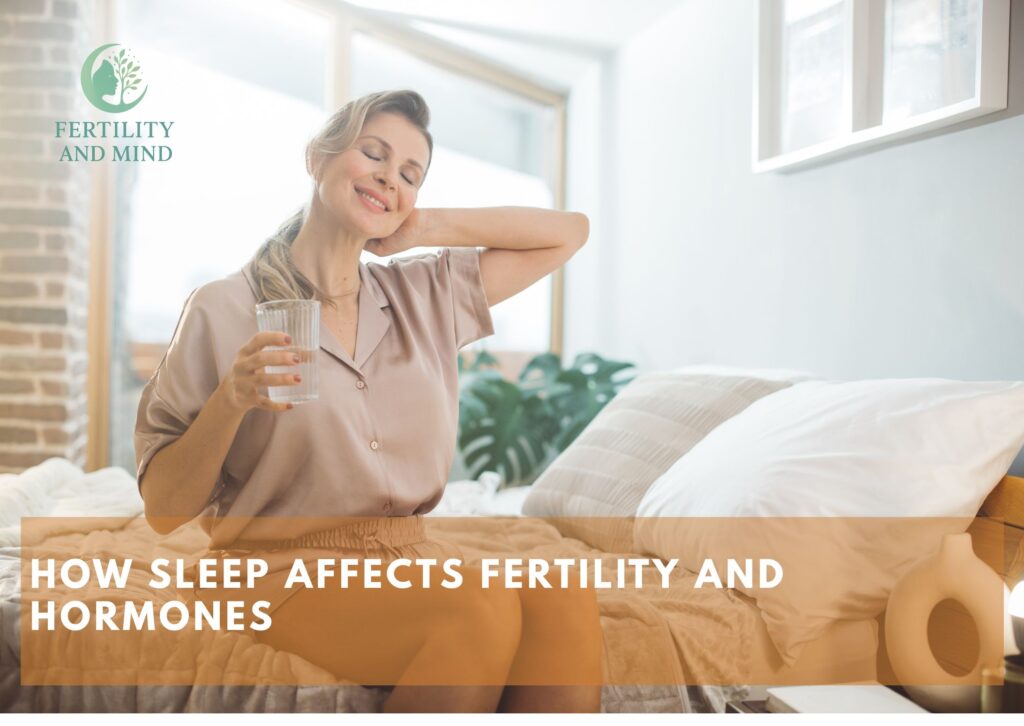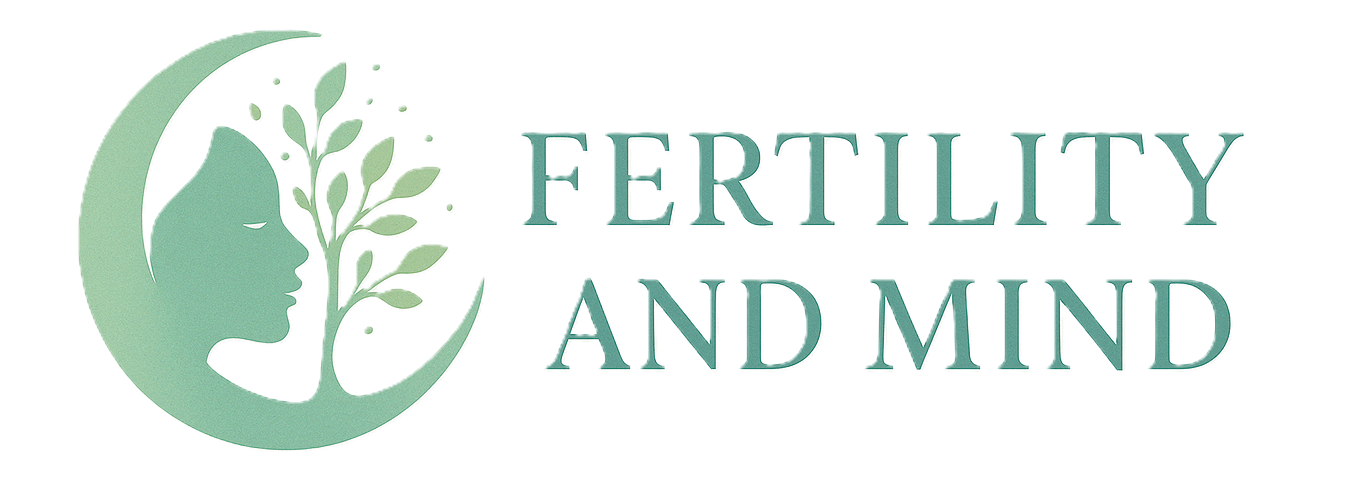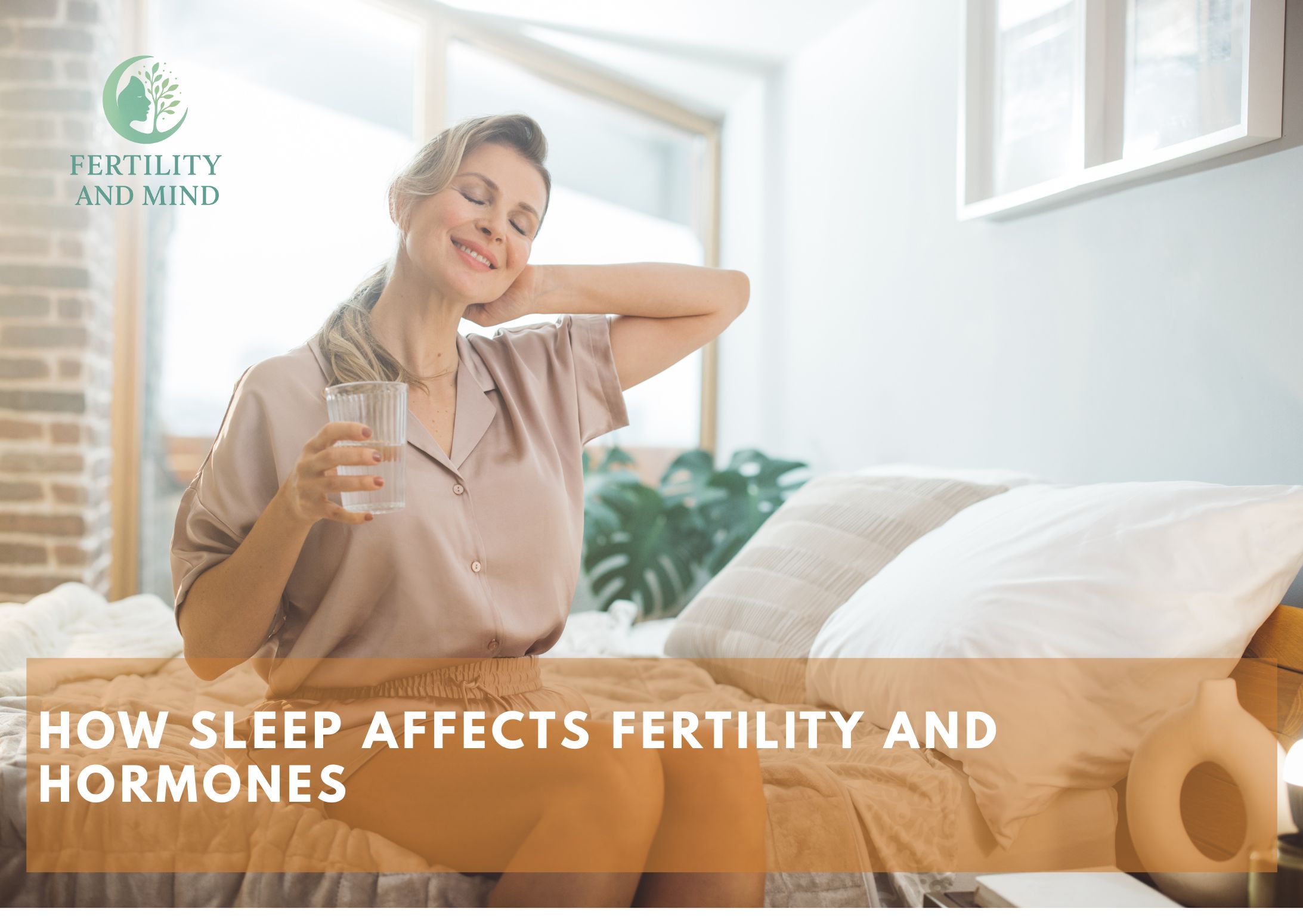
Understanding the Link Between Sleep and Reproductive Health
When I first started paying attention to my sleep, I realized it was more than just rest. Sleep is a biological reset, and its connection to reproductive health runs deeper than most people think. The circadian rhythm, our internal clock, regulates not only when we feel sleepy but also how our bodies release hormones critical for fertility. If this rhythm is disrupted, everything from ovulation to sperm production can be affected.
Why Sleep Is More Than Just Rest
Adequate sleep allows the body to balance key hormones like estrogen, progesterone, and testosterone. Without it, the delicate system that supports conception starts to wobble.
Circadian Rhythm and Fertility
The circadian rhythm influences ovulation cycles in women and testosterone production in men. Melatonin, often called the “sleep hormone,” also plays a role in protecting eggs and regulating reproductive cycles.
The Impact of Poor Sleep on Hormones
During a period when I barely slept five hours a night, I noticed my menstrual cycle becoming irregular. At the time, I thought stress was the only cause but later I learned that poor sleep itself can disrupt hormonal regulation.
Melatonin and Reproductive Cycles
Melatonin not only helps us fall asleep but also protects egg quality and synchronizes ovulation. Low melatonin from poor sleep can throw cycles off.
Cortisol, Stress, and Ovulation
Chronic sleep loss raises cortisol levels, a stress hormone that interferes with ovulation and implantation.
Testosterone and Male Fertility
For men, insufficient sleep lowers testosterone, leading to reduced sperm quality and libido.
How Sleep Affects Female Fertility
Irregular Cycles and Ovulation Problems
Sleep deprivation can cause irregular cycles, late ovulation, or even missed periods. I experienced this firsthand until I began sleeping seven to eight hours again and gradually, my cycle regulated.
Sleep Deprivation and IVF Outcomes
Studies show women undergoing IVF with better sleep patterns tend to have higher success rates. Rest isn’t just comfort it’s part of treatment.
How Sleep Affects Male Fertility
Sleep and Sperm Quality
Men who consistently sleep poorly often show reduced sperm motility and lower counts. It’s a reminder that fertility is a two sided journey.
Hormonal Imbalance in Men
Low sleep disrupts testosterone and other hormones essential for sperm development and sexual health.
Lifestyle Factors: Sleep Hygiene and Fertility
When I finally took sleep seriously, I created a simple bedtime routine: turning off screens an hour before bed and dimming the lights. It made me feel more balanced overall.
Bedtime Routines That Support Hormonal Balance
Consistent bedtimes, cooler rooms, and relaxation techniques help regulate hormone release.
Managing Screens, Light, and Stress
Blue light from screens suppresses melatonin, so minimizing evening exposure is key.
How Many Hours of Sleep Improve Fertility?
Most adults need 7–9 hours. Consistency matters as much as total duration.
Practical Tips to Improve Sleep for Hormonal Health
Simple Changes to Support Fertility Naturally
- Go to bed and wake up at the same time daily.
- Limit caffeine after noon.
- Create a calm, dark environment for sleep.
When to Seek Professional Help
If sleep problems persist like chronic insomnia or suspected sleep apnea it’s worth consulting a sleep specialist. Addressing these conditions can improve both overall health and fertility outcomes.
FAQs About Sleep, Fertility, and Hormones
How does poor sleep affect reproductive hormones?
It disrupts melatonin, cortisol, and sex hormones, all critical for fertility.
Can sleep deprivation lower fertility in men and women?
Yes, it can reduce sperm quality in men and disrupt ovulation in women.
What role does melatonin play in fertility?
It regulates ovulation and protects egg quality.
How to improve sleep to boost fertility naturally?
Practice good sleep hygiene: reduce screen time, keep a consistent schedule, and create a restful environment.
Is insomnia linked to hormonal imbalance?
Yes, chronic insomnia affects cortisol and reproductive hormones.
What is the best sleep routine for couples trying to conceive?
A shared, consistent sleep schedule that prioritizes 7–9 hours of rest.
Conclusion: Why Prioritizing Sleep Matters for Fertility
For me, sleep became as important as nutrition when it came to feeling hormonally balanced. Once I respected my body’s need for rest, I noticed fewer sugar cravings, more stable energy, and a more regular cycle. Science confirms what my own experience showed: sleep is not optional. It’s a powerful ally for anyone hoping to balance their hormones and improve fertility.
{ “@context”: “https://schema.org”, “@type”: “FAQPage”, “mainEntity”: [ { “@type”: “Question”, “name”: “How does poor sleep affect reproductive hormones?”, “acceptedAnswer”: { “@type”: “Answer”, “text”: “It disrupts melatonin, cortisol, and sex hormones, all critical for fertility.” } }, { “@type”: “Question”, “name”: “Can sleep deprivation lower fertility in men and women?”, “acceptedAnswer”: { “@type”: “Answer”, “text”: “Yes, it can reduce sperm quality in men and disrupt ovulation in women.” } }, { “@type”: “Question”, “name”: “What role does melatonin play in fertility?”, “acceptedAnswer”: { “@type”: “Answer”, “text”: “It regulates ovulation and protects egg quality.” } }, { “@type”: “Question”, “name”: “How to improve sleep to boost fertility naturally?”, “acceptedAnswer”: { “@type”: “Answer”, “text”: “Practice good sleep hygiene: reduce screen time, keep a consistent schedule, and create a restful environment.” } }, { “@type”: “Question”, “name”: “Is insomnia linked to hormonal imbalance?”, “acceptedAnswer”: { “@type”: “Answer”, “text”: “Yes, chronic insomnia affects cortisol and reproductive hormones.” } }, { “@type”: “Question”, “name”: “What is the best sleep routine for couples trying to conceive?”, “acceptedAnswer”: { “@type”: “Answer”, “text”: “A shared, consistent sleep schedule that prioritizes 7–9 hours of rest.” } } ] }
